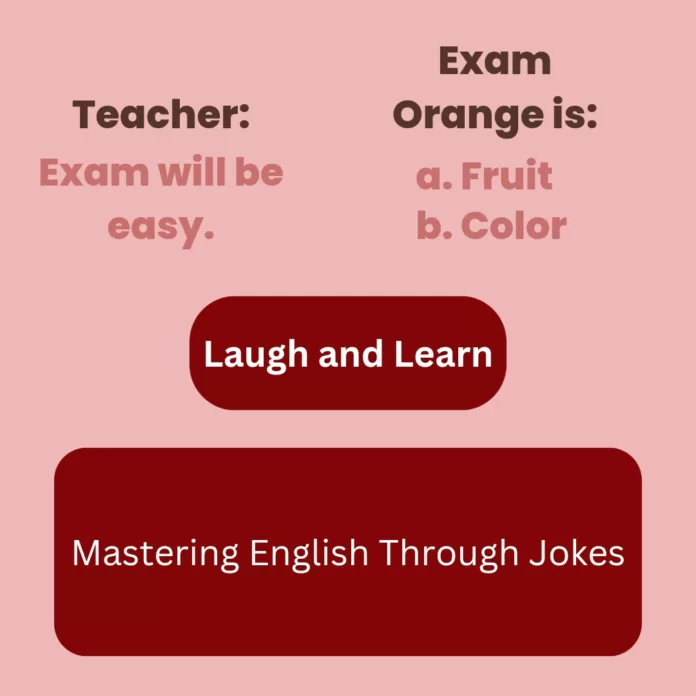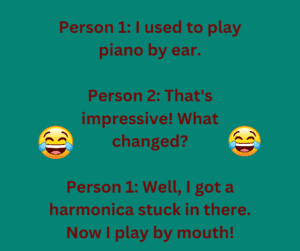Magic Verbs, meanings and Usage
Title: Playing with Words: Let’s Explore Some Special Verbs!
Introduction:
Hey there, language explorers! Ever wonder how words can be like little builders, creating interesting paths in our sentences? Well, today we’re diving into a bunch of special verbs – the ones that start with ‘en,’ end with ‘en,’ and finish with ‘fy.’ It’s like discovering new lanes in our language highway!
Just like when we widen roads for smoother journeys, these verbs make our language more exciting and flexible. So, buckle up as we take a simple stroll through what these words mean and how we can use them to make our conversations and stories even more interesting. Ready for some wordy fun? Let’s roll!
Verbs Beginning with ‘en’:
1. Enact:
Meaning:To make a law.
Example Sentence: The parliament decided to enact new regulations for environmental protection.
2. Endure:
Meaning: To suffer patiently.
Example Sentence: Despite the challenges, he had the strength to endure the difficult times.
3. Entertain:
Meaning: To provide amusement or enjoyment.
Example Sentence: The comedian’s performance never failed to entertain the audience.
4. Enable:
Meaning: To make possible.
Example Sentence: The new software will enable users to perform tasks more efficiently.
5. Enforce:
Meaning: To ensure compliance with a rule or law.
Example Sentence: The police were assigned to enforce traffic regulations in the busy city.
6. Enlarge:
Meaning: To make larger.
Example Sentence: The artist decided to enlarge the canvas for his new painting.
7. Enrage:
Meaning: To make very angry.
Example Sentence: The unfair decision managed to enrage the entire community.
8. Ensure:
Meaning: To make certain or guarantee.
Example Sentence: Double-checking the details will ensure the accuracy of the report.
9. Entice:
Meaning: To attract or tempt by offering pleasure or advantage.
Example Sentence: The aroma of freshly baked cookies was enough to entice everyone into the kitchen.
10. Enlighten:
Meaning: To provide knowledge or insight.
Example Sentence: The documentary aimed to enlighten viewers about the impact of climate change.
Verbs Ending with ‘en’:
1. Awaken:
Meaning: To wake up or rouse from sleep.
Example Sentence: The chirping birds helped awaken the city on a peaceful Sunday morning.
2. Darken:
Meaning: To make or become dark.
Example Sentence: The storm clouds began to darken the sky, signaling an approaching rain.
3. Embolden:
Meaning: To give courage or confidence to.
Example Sentence: The supportive crowd seemed to embolden the young speaker during the conference.
4. Flatten:
Meaning: To make or become flat or flatter.
Example Sentence: The construction crew worked to flatten the ground before building the foundation.
5. Harden:
Meaning: To make or become hard or harder.
Example Sentence: Exposure to extreme temperatures can harden certain materials.
6. Widen
Meaning: To make or become wider; to increase in width.
Example Sentence: The city decided to widen the road to accommodate the increasing traffic, easing the congestion during rush hours.
7. Ripen:
Meaning: To become ripe or mature.
Example Sentence: The bananas will ripen faster if stored in a paper bag.
8. Strengthen:
Meaning: To make or become stronger.
Example Sentence: Regular exercise helps strengthen muscles and improve overall health.
9. Thicken:
Meaning: To make or become thicker.
Example Sentence: Add flour to thicken the sauce and give it a richer texture.
10. Weaken:
Meaning: To make or become weaker.
Example Sentence: Lack of exercise can weaken the body’s immune system.
Verbs Ending with ‘fy’:
1. Beautify:
Meaning: To make beautiful or more beautiful.
Example Sentence: The city decided to beautify the park by adding colorful flowers and sculptures.
2. Clarify:
Meaning: To make clear or easier to understand.
Example Sentence: The teacher took the time to clarify any confusion about the complex topic.
3. Diversify:
Meaning: To make or become more varied or diverse.
Example Sentence: The company aimed to diversify its product line to reach a broader market.
4. Edify:
Meaning: To instruct or improve morally or intellectually.
Example Sentence: Reading inspirational books can edify and uplift the spirit.
5. Fortify:
Meaning: To strengthen or secure against attack.
Example Sentence: The castle was fortified with strong walls and a deep moat.
6. Glorify:
Meaning: To praise or honor with admiration.
Example Sentence: The artist sought to glorify the beauty of nature in his paintings.
7. Intensify:
Meaning: To make or become more intense.
Example Sentence: The storm began to intensify, with strong winds and heavy rainfall.
8. Magnify:
Meaning: To make something appear larger.
Example Sentence: A magnifying glass can magnify small details and make them easier to see.
9. Nullify:
Meaning: To make legally null and void; invalidate.
Example Sentence: The court decision nullified the contract due to a breach of terms.
10. Purify:
Meaning: To make pure or free from contaminants.
Example Sentence: Water filtration systems are designed to purify drinking water by removing impurities.
These examples provide a better understanding of the meanings and usage of the verbs in different contexts. Find such verbs and use them in your sentences.









